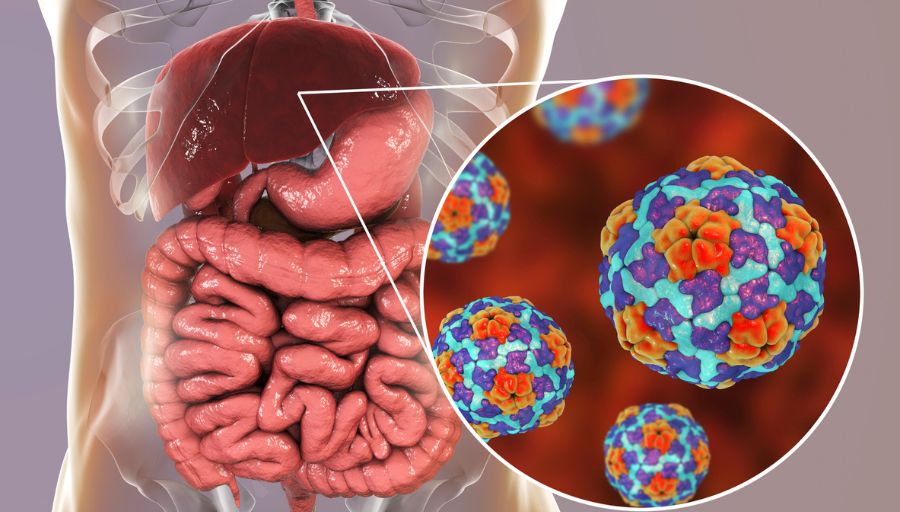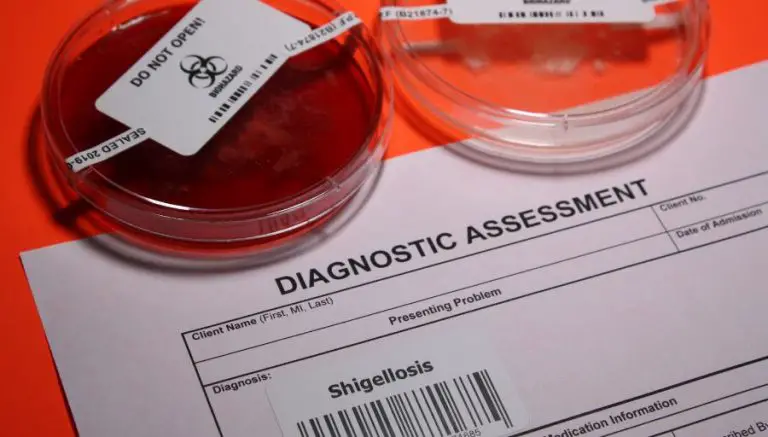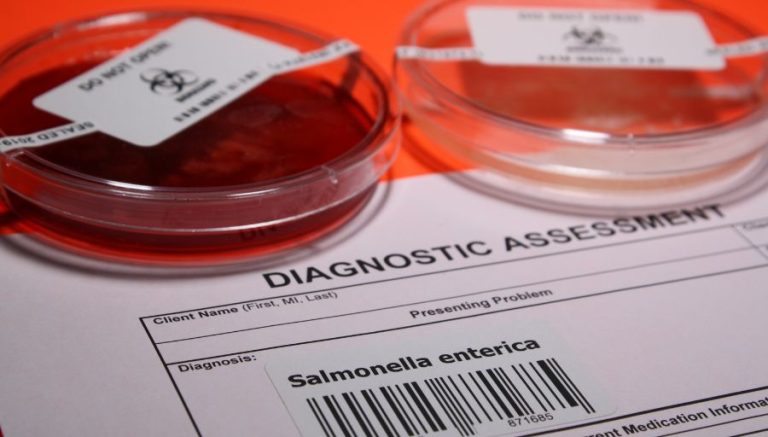Comprehensive Insights into 5 types of Viral Intestinal Infections
The following five types of Viral Intestinal Infections are discussed in this article; the Rotaviral enteritis, Acute gastro enteropathy due to Norwalk agent and other small round viruses, Adenoviral enteritis, Calicivirus enteritis, and Astrovirus enteritis.
1. Rotaviral enteritis
Rotavirus, typically transmitted by fecal–oral route, is a virus that can cause rotaviral enteritis, a contagious illness leading to inflammation of the intestines. The disease most commonly affects infants and young children.
1.1 Symptoms
A patient with rotaviral enteritis can experience;
- severe watery diarrhea;
- vomiting;
- pain in the abdomen;
- fever; and
- in severe cases, the patient may become extremely dehydrated and even die.
1.2 Diagnosis
Laboratory tests of the patient’s feces can detect the rotavirus antigen.
1.3 Treatment
Treatment includes rehydration with oral or intravenous fluids. Antibiotics do not work for viruses. Providers may educate patients on disease prevention by washing hands before consuming food. Early vaccination is recommended for infants to prevent rotaviral infections.
2. Acute gastro enteropathy due to Norwalk agent and other small round viruses
Norwalk virus, Norovirus, and other small round viruses, usually ingested with contaminated water and food or spread from person–to–person contact, cause gastroenteropathy (inflammation of the stomach and intestines).
2.1 Symptoms
A patient with acute gastro enteropathy due to Norwalk agent or other small round viruses can experience;
- diarrhea;
- abdominal pain;
- nausea;
- vomiting;
- fever;
- dehydration;
- body pain; and
- headaches.
2.2 Diagnosis
Providers diagnose the condition based on the patient’s symptoms, history, and physical examination. Laboratory tests of the patient’s blood, feces, and vomit can rule out bacteria or parasites as the cause and detect viral antigens.
2.3 Treatment
Treatment includes rehydration with oral or intravenous fluids. Antibiotics do not work for viruses. Providers may educate patients on disease prevention by washing hands before consuming food and eating clean and properly cooked food. There is no vaccine to prevent Norovirus infection.
3. Adenoviral enteritis
Adenovirus, typically transmitted by fecal–oral route, is a virus that can cause adenoviral enteritis, a contagious illness leading to inflammation of the intestines. The disease most commonly affects infants and young children.
3.1 Symptoms
A patient with adenoviral enteritis can experience;
- watery diarrhea;
- vomiting;
- pain in the abdomen; and
- fever.
Symptoms may be severe in patients, especially children, with a weak immune system.
3.2 Diagnosis
Laboratory tests of the patient’s feces can rule out bacteria and parasites or detect viral antigens.
3.3 Treatment
Treatment includes rehydration with oral or intravenous fluids. Antibiotics do not work for viruses. Providers may educate patients on disease prevention by washing hands before consuming food. Currently, there is no vaccine to prevent adenoviral enteritis.
4. Calicivirus enteritis
Calicivirus, typically ingested with contaminated water and food or spread from personto–person contact, causes Calicivirus enteritis, a contagious illness leading to inflammation of the intestines. The disease can affect people of all ages.
4.1 Symptoms
A patient with Calicivirus enteritis can experience the following;
- diarrhea;
- nausea;
- vomiting;
- abdominal cramps;
- muscle pain;
- fatigue; and
- headaches.
4.2 Diagnosis
Providers diagnose the condition based on the patient’s symptoms, history, and physical examination. Laboratory tests of the patient’s blood, feces, and vomit can detect the virus.
4.3 Treatment
Treatment includes rehydration with oral or intravenous fluids. Antibiotics do not work for viruses. Providers may educate patients on disease prevention by washing hands before consuming food and eating clean and properly cooked food.
5. Astrovirus enteritis
Astrovirus, typically ingested with contaminated water and food or spread from person–to–person contact, causes Astrovirus enteritis, a contagious illness leading to inflammation of the intestines. The virus is more active during winter and affects infants and young children more than adults.
5.1 Symptoms
A patient with Astrovirus enteritis can experience;
- watery diarrhea;
- nausea;
- vomiting;
- cramps in the abdomen;
- muscle pain; and
- fatigue.
5.2 Diagnosis
Providers diagnose the condition based on the patient’s symptoms, history, and physical examination. Laboratory tests of the patient’s blood, feces, and vomit can detect the virus.
5.3 Treatment
Treatment includes rehydration with oral or intravenous fluids. Antibiotics do not work for viruses. Providers may educate patients on disease prevention by washing hands before consuming food and eating clean and properly cooked food.








